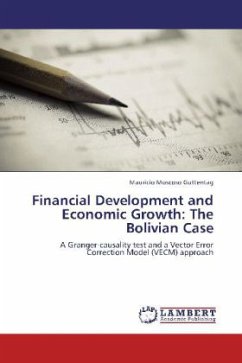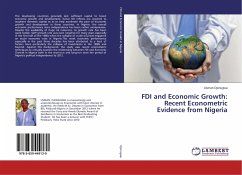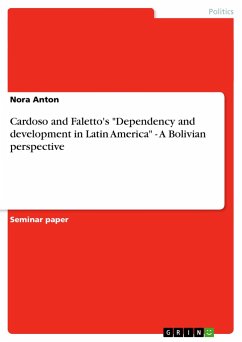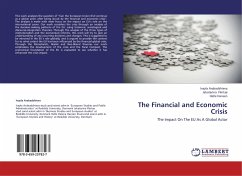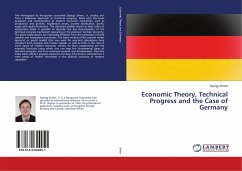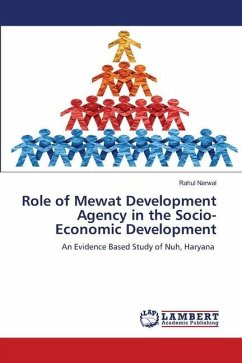This research initiative investigates the nature and direction of the causal relationship between financial development and economic growth for the Bolivian case. To achieve these goals, Granger-causality tests within a cointegration and Vector Error Correction Model (VECM) framework are performed. Empirical results support the existence of a stable long-run relationship between financial development and economic growth, and show evidence of both a weak unidirectional Granger-causality running from private credit to growth and a unidirectional causality flowing from growth to M2. Given that the two financial development proxies capture different dimensions of the financial system, the addition of the found causality patterns is taken as a broad bi-directional causality. Although this linkage seems to be undermined mostly by structural factors, it is concluded that in Bolivia financial development matters for growth and vice-versa.
Bitte wählen Sie Ihr Anliegen aus.
Rechnungen
Retourenschein anfordern
Bestellstatus
Storno

